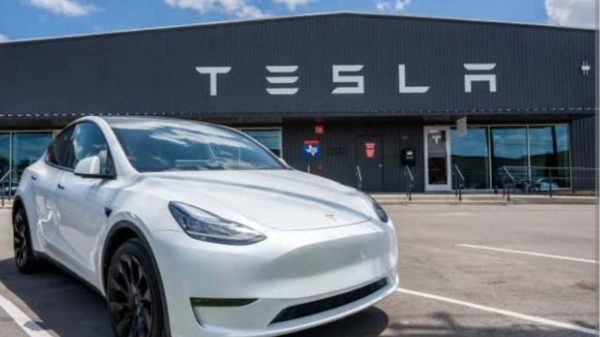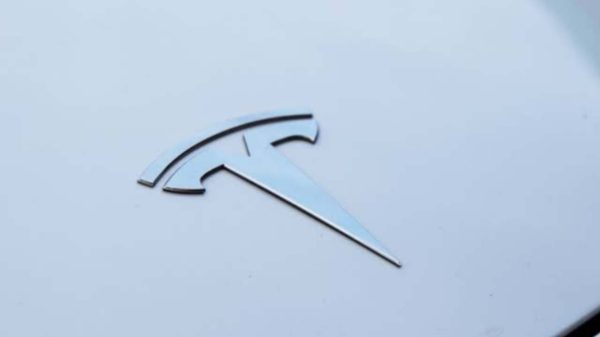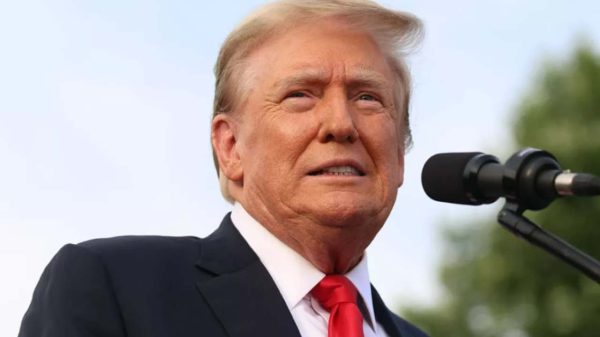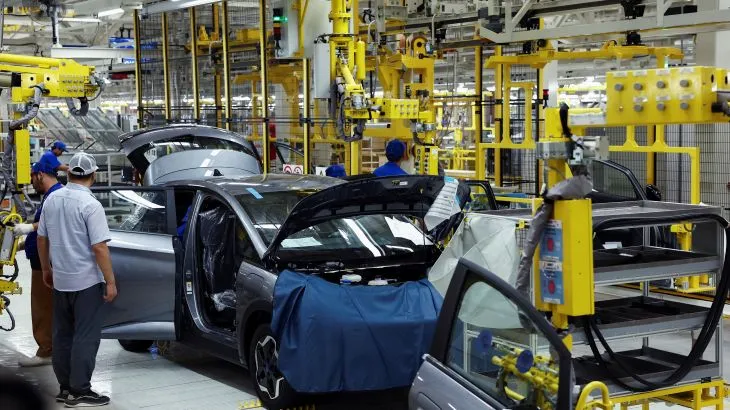The European Union has taken a significant step to address its growing concerns over Chinese electric vehicles’ market dominance by imposing duties on imports of such vehicles from China. The move comes after talks between Brussels and Beijing failed to find an amicable solution to their trade dispute. According to the European Commission, the duties will be placed on battery electric vehicles from China for a period of five years, with the exception of Tesla, which will be subject to an “individually calculated” rate of 7.8%.
The imposition of duties is a direct response to the significant increase in sales of Chinese-built electric cars in the EU market, which grew from 3.9% in 2020 to 25% by September 2023. The European Commission has accused Chinese manufacturers of unfairly undercutting EU industry prices, citing government subsidies as a major contributor to their success.
The duties will vary depending on the manufacturer, with BYD, Geely, and SAIC, the state-owned Chinese automaker, facing rates of 17%, 18.8%, and 35.3%, respectively. Other European electric vehicle manufacturers, including Western companies such as Volkswagen and BMW, will be subject to a duty of 20.7%.
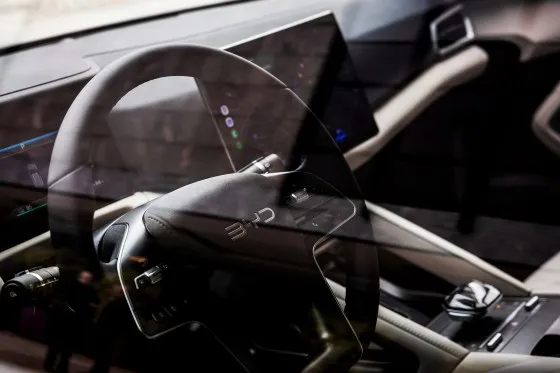
EU Imposes Duties on Chinese Electric Vehicles (Image via Getty)
The move has been met with opposition from Germany, which has Europe’s biggest economy and is home to major carmakers. The head of Germany’s car industry association, VDA, has described the imposition of tariffs as “a setback for free global trade and so for prosperity, the preservation of jobs and Europe’s growth.” The organization has warned that the move increases the risk of a far-reaching trade conflict.
The European Union’s decision to impose duties on Chinese electric vehicles is part of a broader trade dispute over the influence of Chinese government subsidies on European markets and Beijing’s burgeoning exports of green technology to the bloc. The EU and China continue to negotiate on a solution, which would need to be effective in addressing the problem identified by the EU investigation, as well as being World Trade Organisation-compatible.
In the meantime, the duties will remain in force for five years, during which time the EU hopes that the situation will be resolved through dialogue and negotiations with China. The European Commission has made it clear that it will not seek to punish Chinese companies, but rather to ensure that they operate on a level playing field with EU manufacturers. However, the imposition of duties is likely to be a major setback for Chinese electric vehicle manufacturers and could have significant implications for the global electric vehicle market.








